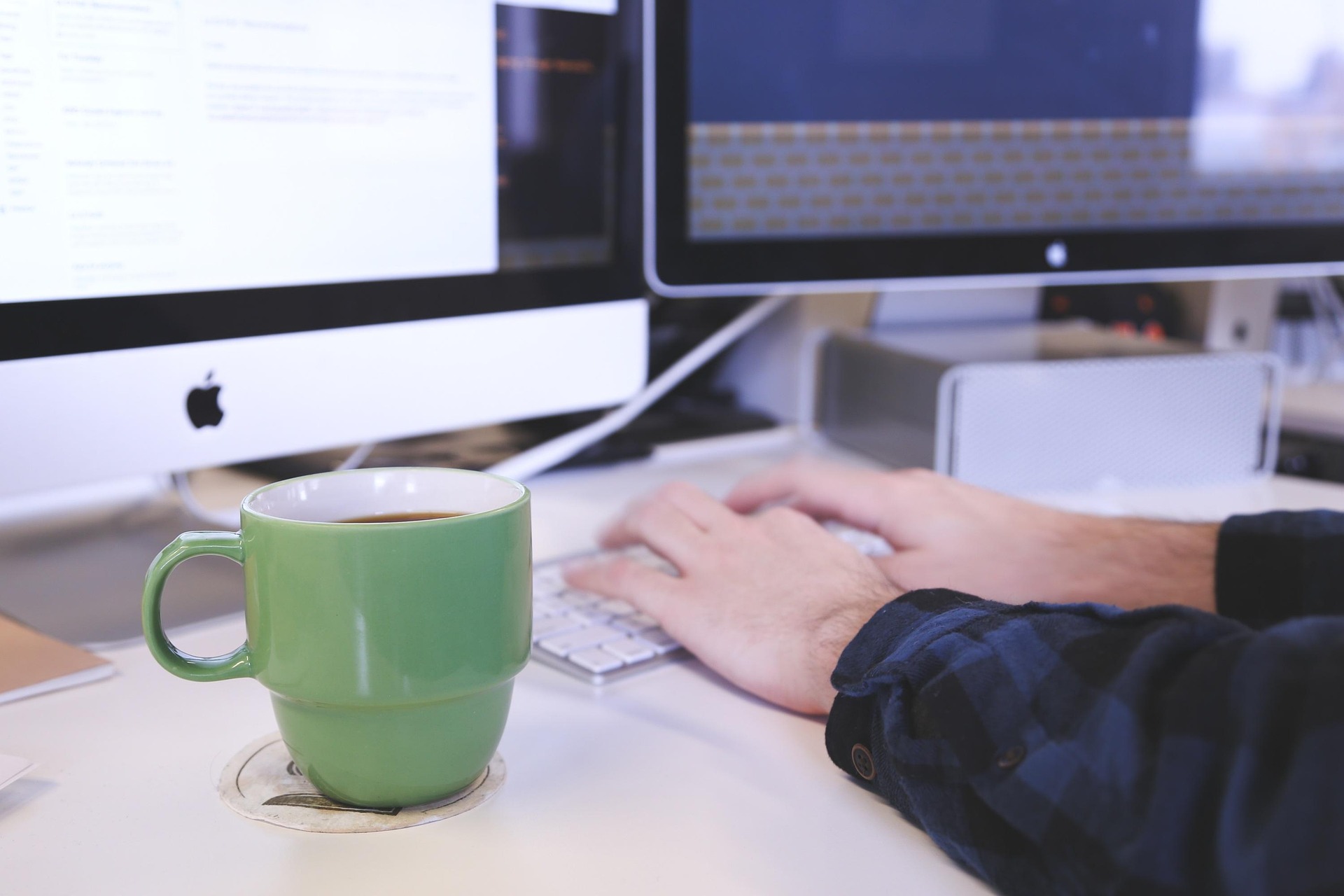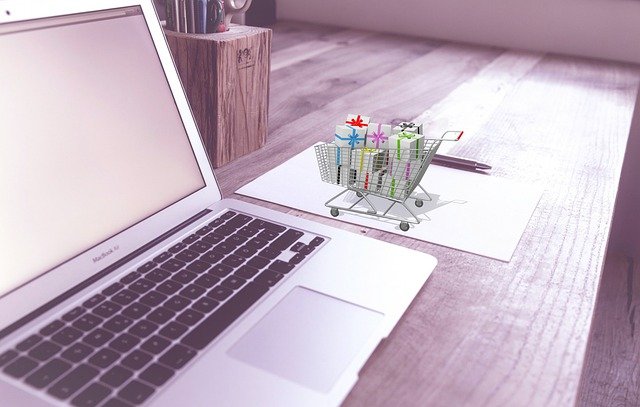Start your eco-upgrade in France
Bottled water is expensive, inconvenient and bad for the planet. More and more families across France are making the switch to home water filtration systems. One high-quality filter can replace hundreds of single-use plastic bottles — start your eco-upgrade today and enjoy clean, great-tasting water without the cost or waste.

Why are French households moving away from bottled water?
French households are increasingly turning away from bottled water for several compelling reasons. Firstly, the environmental impact of single-use plastic bottles has become a growing concern. France, like many countries, is facing challenges with plastic pollution, and bottled water contributes significantly to this issue. Secondly, the cost of regularly purchasing bottled water can add up quickly, putting a strain on household budgets. Lastly, there’s a growing awareness about the quality of tap water in France, which is generally safe to drink and heavily regulated. This combination of environmental consciousness, financial considerations, and improved tap water quality is driving the shift away from bottled water.
What types of water filtration systems work best in France?
In France, several types of water filtration systems have proven effective for home use. Activated carbon filters are popular due to their ability to remove chlorine, improve taste, and reduce odors. Reverse osmosis systems are another excellent option, especially in areas with hard water, as they can remove a wide range of contaminants, including minerals that contribute to water hardness. UV purification systems are gaining traction for their ability to eliminate harmful microorganisms without using chemicals. For those seeking a more affordable and portable option, pitcher filters with activated carbon are widely available and can be a good starting point for water filtration.
How much can you save by switching to filtered water?
Switching to filtered water can lead to substantial savings for French households. The average cost of bottled water in France can range from €0.50 to €1 per liter, depending on the brand and where it’s purchased. For a family consuming 2 liters of water per person daily, this can quickly add up to hundreds of euros per year. In contrast, the initial investment in a water filtration system, while varying based on the type and brand, can often be recouped within a few months to a year of regular use.
What are the environmental benefits of using water filters?
The environmental benefits of using water filters are significant and far-reaching. By reducing reliance on bottled water, households can dramatically decrease their plastic waste production. A single reusable water filter can replace hundreds or even thousands of plastic bottles over its lifetime. This reduction in plastic usage not only helps to minimize landfill waste but also reduces the energy and resources required for bottle production and transportation. Additionally, using filtered tap water reduces the carbon footprint associated with bottling and transporting water across long distances.
How do water filtration systems improve water quality in France?
Water filtration systems can significantly improve water quality in France by addressing specific concerns that may vary by region. While French tap water is generally safe to drink, filtration systems can remove residual chlorine, which can affect taste and odor. In areas with hard water, filters can reduce mineral content, preventing scale buildup in appliances and improving the feel of water for bathing and laundry. Some advanced filtration systems can also remove trace contaminants like lead from older plumbing systems, pharmaceuticals, and pesticides that might occasionally be present in tap water. By tailoring the filtration system to local water conditions, French households can enjoy water that not only meets safety standards but also tastes great and provides additional peace of mind.
What are the best water filtration options available in France?
France offers a variety of water filtration options to suit different needs and budgets. Here’s a comparison of some popular choices:
| Product/Service | Provider | Key Features | Cost Estimation |
|---|---|---|---|
| Brita MAXTRA+ | Brita | Activated carbon filtration, reduces chlorine and limescale | €20 - €30 for pitcher, €15 for 3 filters |
| BWT Magnesium Mineralizer | BWT | Adds magnesium, reduces chlorine and heavy metals | €30 - €40 for pitcher, €20 for 3 filters |
| Berkey Water Filter | Berkey | Gravity-fed system, removes bacteria and viruses | €250 - €300 for system |
| Culligan Under-Sink RO System | Culligan | Reverse osmosis, removes up to 99% of contaminants | €400 - €600 for system installation |
| UV Pure Hallett System | UV Pure | UV purification, kills bacteria and viruses | €800 - €1000 for system installation |
Prices, rates, or cost estimates mentioned in this article are based on the latest available information but may change over time. Independent research is advised before making financial decisions.
In conclusion, making the switch to a water filtration system in France offers numerous benefits, from cost savings and improved water quality to significant environmental advantages. With a range of options available to suit various needs and budgets, French households can easily find a solution that works for them. By embracing this eco-upgrade, residents of France can contribute to reducing plastic waste while enjoying clean, great-tasting water straight from their taps.




